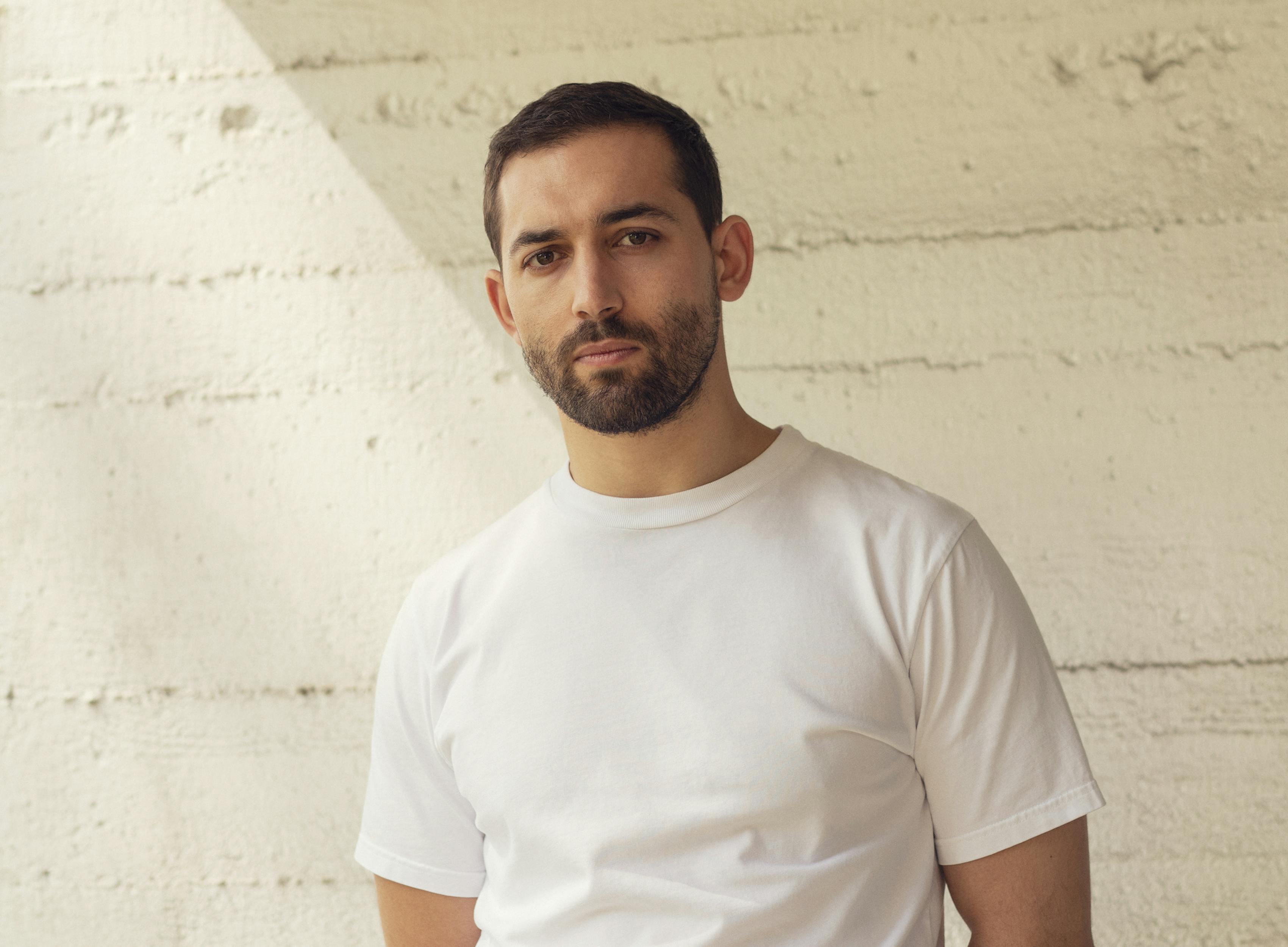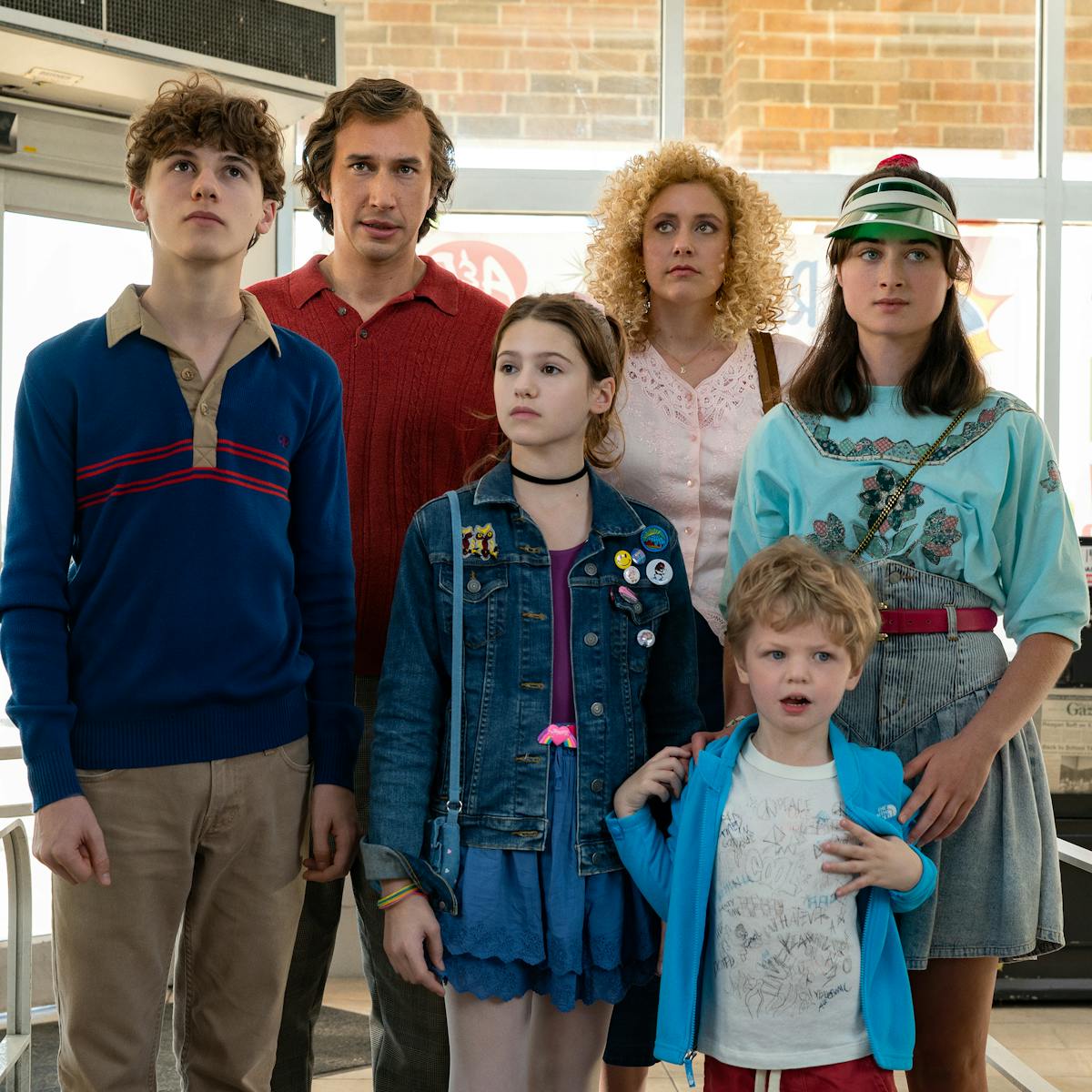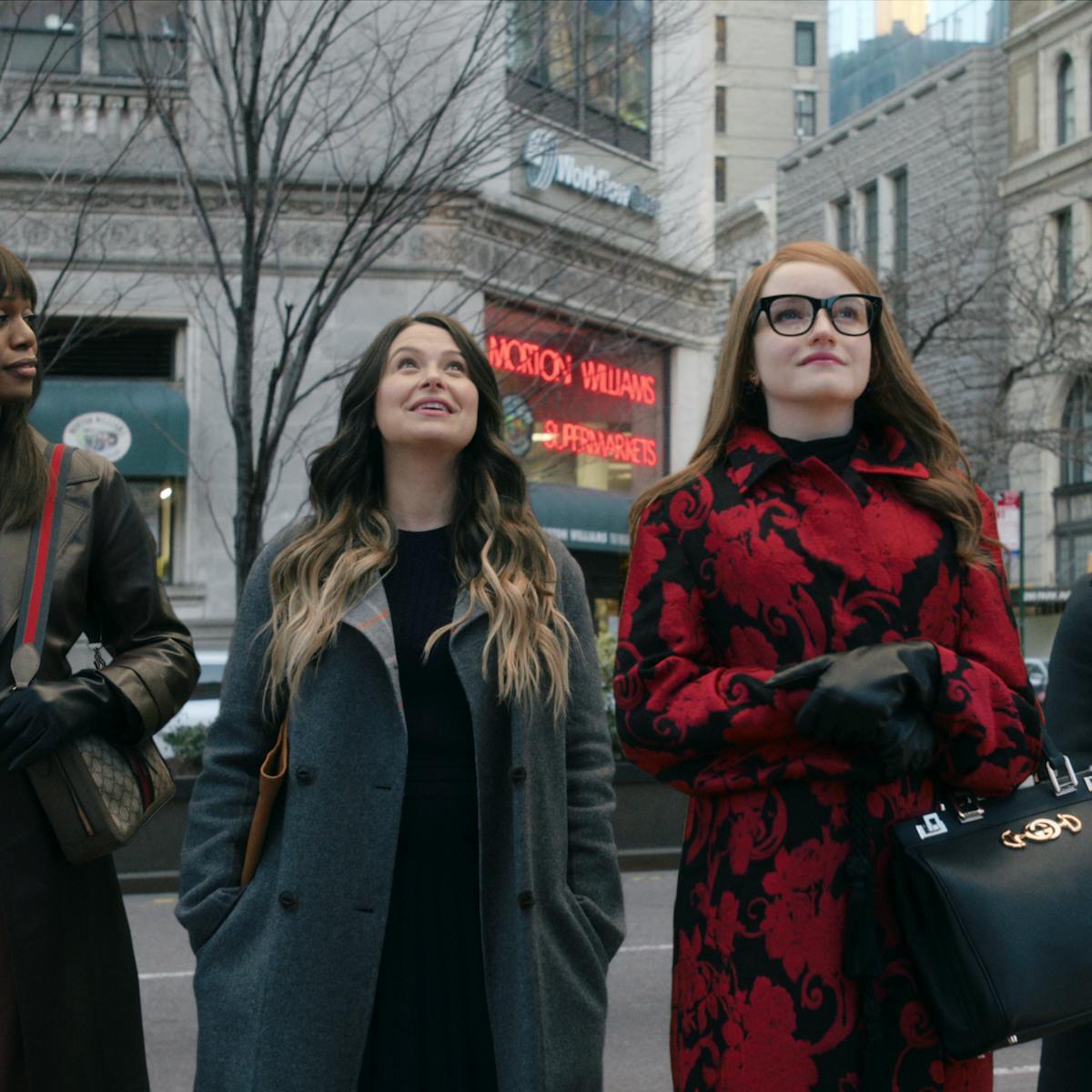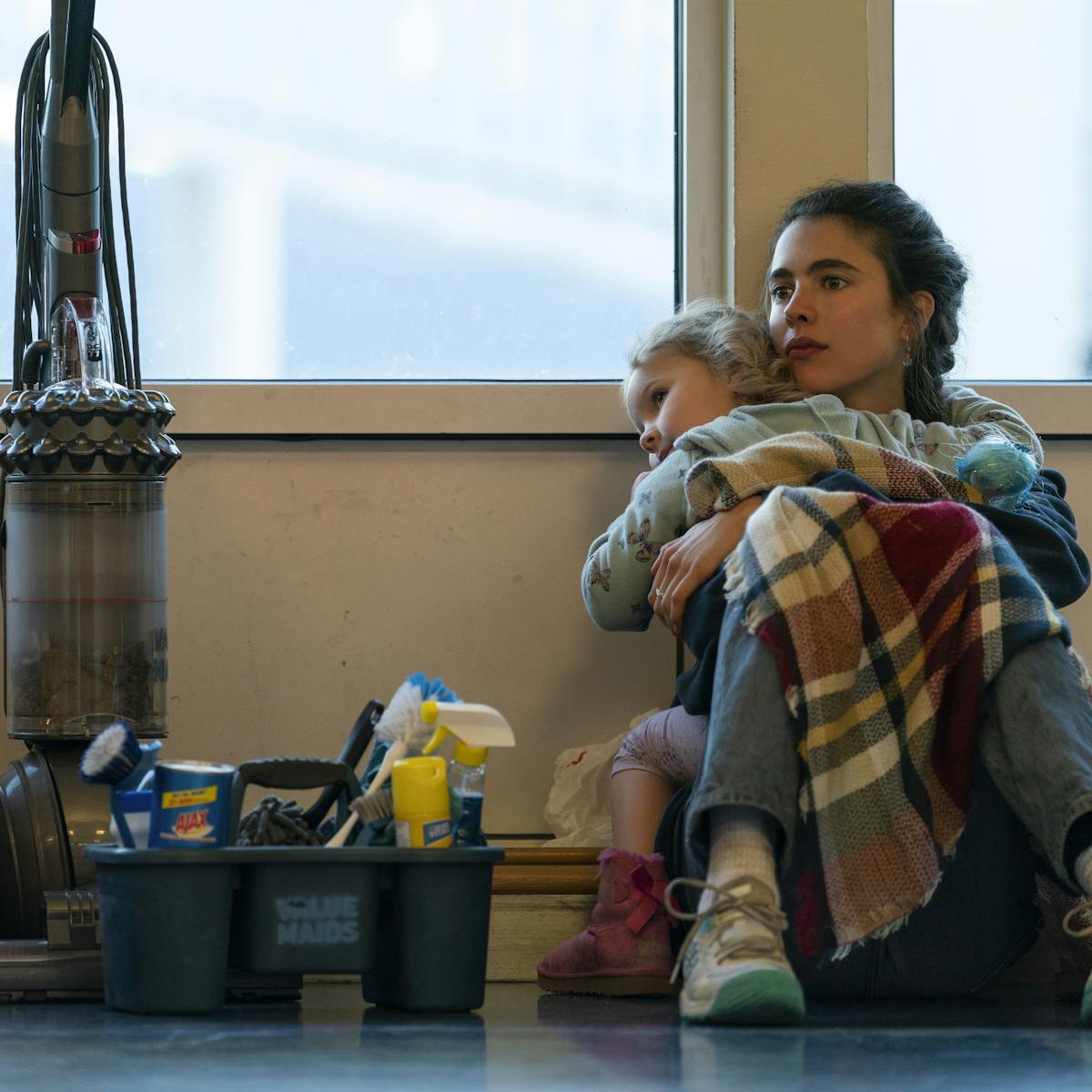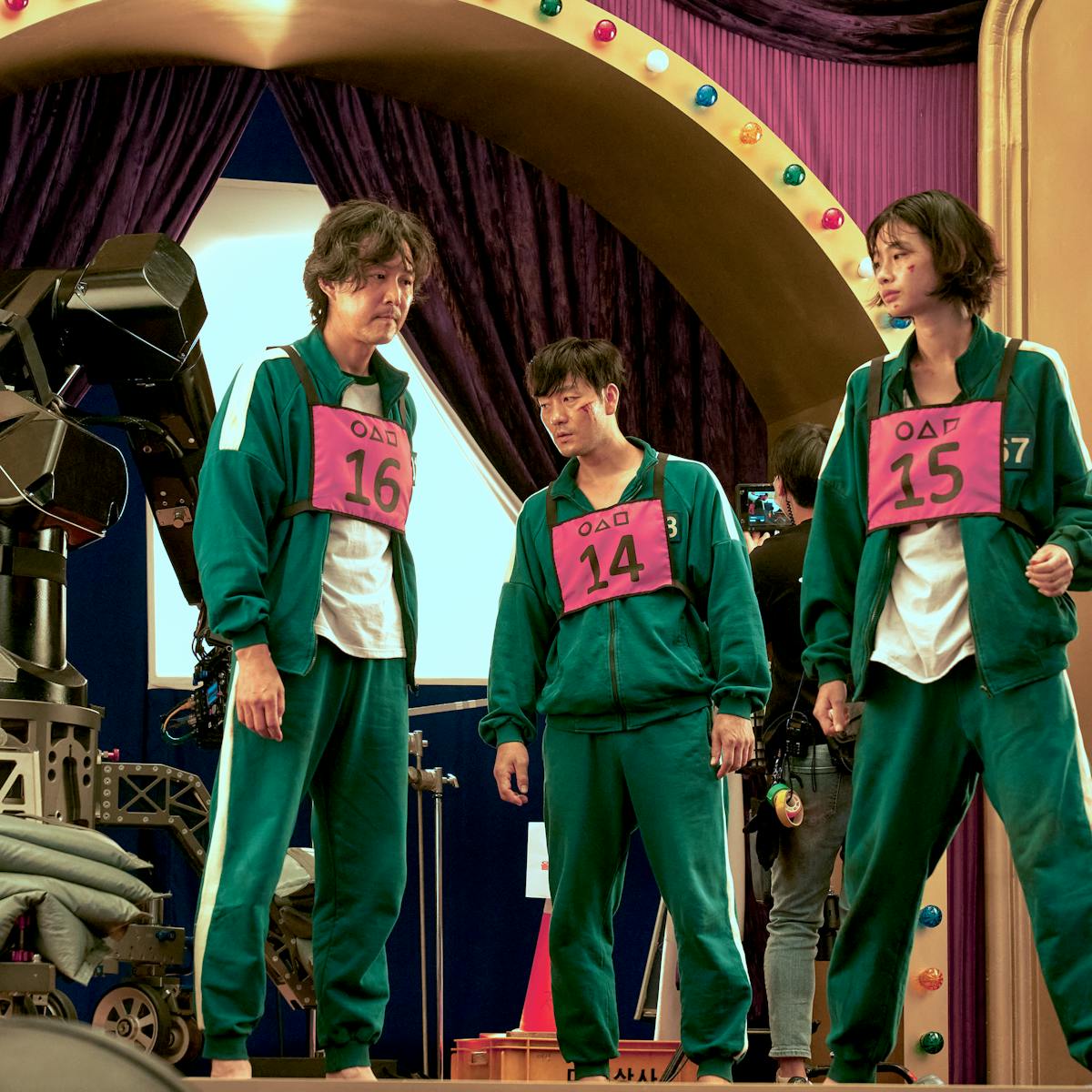Dali Benssalah stars in director Romain Gavras’s visually stunning feature film Athena.
Most striking about Dali Benssalah, the 30-year-old who first dabbled in Thai boxing before turning to acting, is that he’s wise beyond his years. Accepted to the famous Cours Florent acting school, Benssalah didn’t so much wish to be in the limelight, but was driven instead by an urge to immerse himself in acting. “The nice surprise was that I discovered a true passion,” he admits. “But I have no career strategy. I don’t care if I get a starring role or a bit part as long as the project is meaningful.”
Benssalah first caught the public’s attention back in 2017, starring in The Blaze’s exuberant “Territory” music video, which won the Grand Prix in Film Craft at the Cannes Lions festival that year. He later landed the role of Daniel Craig’s nemesis in 2021’s No Time to Die, parlaying his previous fighting experience into a thrilling performance.
With Athena, director Romain Gavras’s third feature film, Benssalah brings his gravitas and cool to a tense narrative that has the romantic scope of a Greek tragedy and the power of a political, unquestionably relevant piece. The actor portrays Abdel, a French army officer, who’s just returned home — to Athena, the fortress-like housing complex he grew up in — for the funeral of his kid brother, reportedly shot down by the police. But Abdel finds that the rage surrounding his brother’s death has set his neighborhood ablaze. As his community rebels, Abdel must walk the line between upholding the law and his familial allegiance.
Franck Garbarz: How did you approach Abdel, an honest, violence-averse figure?
Dali Benssalah: To portray the character, I figured it had to be a physical process somehow. Romain and I sat down and talked about his journey at great length. We thought that, considering how old he is, he must be a lieutenant, and that he joined the army for specific reasons — being in the army brings in a salary, and this guy needs to feed his family yet always wants to be where the action is. As far as I was concerned, I turned into a strong-willed soldier — a good, inspirational lieutenant. Every day, I’d put myself through a workout, without any equipment, which was a bit like boot camp. The training helped me “unload” physically. Then I had to learn how to breathe in a specific fashion, since Abdel experiences highly stressful situations. He starts out as an imposing mountain and gradually crumbles. So, I also needed regular cardio training.
The actors’ movements are highly choreographed.
DB: One of the great things about this project is that we had plenty of time to rehearse on location. It was invaluable to rehearse on the setting of this uninhabited housing project that was scheduled to be torn down — and we were granted access quickly as a small team. The rehearsal process reminded me of theater: We had to mentally visualize the various scenes without anticipating them too much. We were also able to map out the blocking, so we got that out of the way before production began and were able to focus entirely on acting.

What drew you to Romain Gavras’s project?
DB: I was attracted to the writing before anything else. It’s a genuine tragedy with Shakespearean undertones, where you come across men who tackle challenges bigger than themselves and must take action quickly, without having the chance to sit down and think. The script reminded me of my acting classes, where the actor is truly a vehicle for stories and roles are greater than ourselves. Romain’s film felt like this — and it was amazing to be caught unaware by such a bold, contemporary piece that was unapologetically tragic and never shied away from being radical. Just as in Euripides’s greatest tragedies, it’s extreme while remaining human.
How did you represent Abdel’s character so truthfully?
DB: What I find exhilarating is that you have to keep at it relentlessly, as you can’t be truthful instantly. But my job is precisely about working on it, as in a lab, where you are in a bubble and you wonder how far you can go. That’s what I’m so excited about in my work. Besides, the film was so technical and the camerawork was so challenging that we often had to shoot the takes again and again, so that we made sure everything was in the right place for the camera. When the shoot takes so much energy, you must try dramatically different options and not wear yourself out on the first take. This film called for alertness throughout.
What kind of director is Romain Gavras?
DB: The script is obviously important to him, but meaning even more so — he won’t bother you over a particular word and he always makes room for dialogue change. On set, he’s not rigid, and he directs actors with excitement and curiosity. There’s something very childlike about him, in the best sense of the word, as he likes to be surprised, even though he obviously knows the story inside out. He gives his actors a lot of leeway, as if he reassesses himself with every take alongside us. He was also on a self-searching journey, and so, naturally, he was really open to suggestions.
The film is definitely political. How important is it for you to get involved in such projects?
DB: The political element is key and omnipresent, whatever the project, whenever it is driven by real artistic ambition. I didn’t so much want to address life in the projects as to deal with injustice, revenge, powerlessness. There’s always something political when you tackle human relationships. The film also has to do with onscreen representation: It portrays a situation unfolding in a specific location, reflecting a reality that can be political. I’m no standard-bearer for anything, but issues like injustice and brotherhood move me so deeply that I have to give my all.
